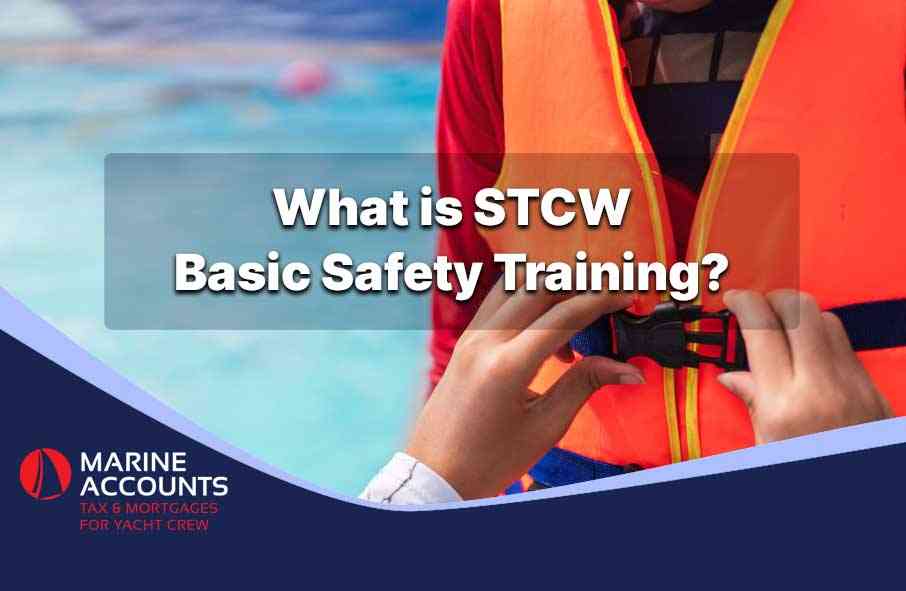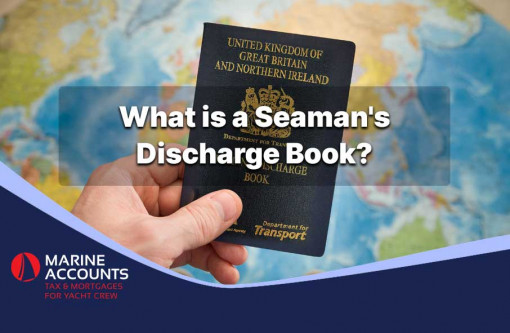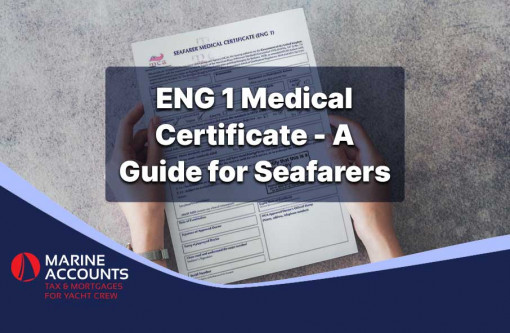The Standards of Training, Certification and Watchkeeping for Seafarers (STCW) was devised to establish a set of minimum international training standards for those working as professional mariners.
The International Maritime Organisation (IMO) introduced STCW to standardise maritime training and ensure consistency across countries.
Read on to learn more about STCW Basic Safety Training, or click a chapter link below.
Chapters
- What is STCW Basic Safety Training?
- What Does STCW Basic Safety Training Cover?
- How Long Does a STCW Certificate Last?
- Why Do Yacht Crew Need Basic Safety Training?
- STCW Basic Training vs Revalidation vs Refresher
- Conclusion
- Contact Us
What is STCW Basic Safety Training?
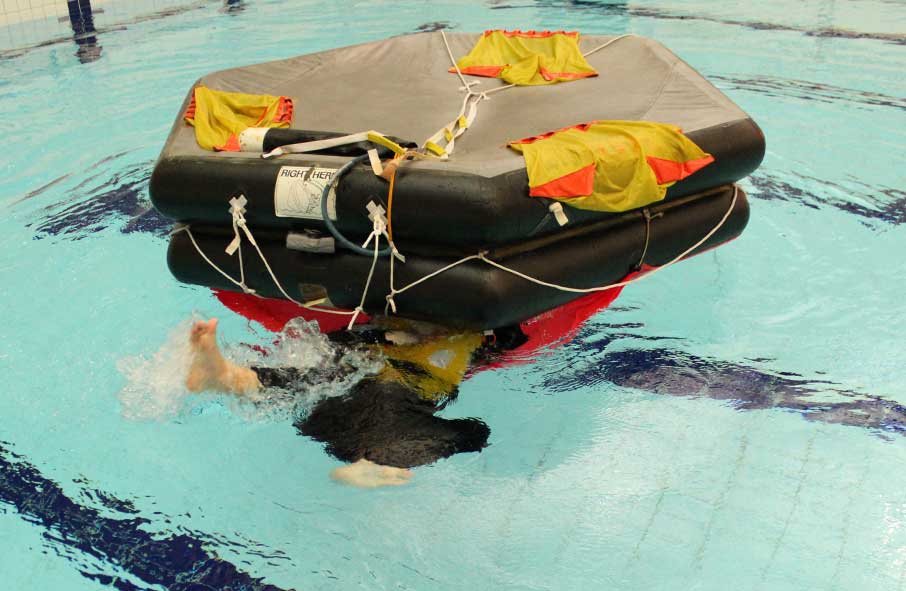
Image source: Shutterstock
The STCW Basic Training course provides both theoretical and practical instruction in key safety skills that are vital when working aboard any sea-going vessel. The course typically lasts around one week.
What Does STCW Basic Safety Training Cover?
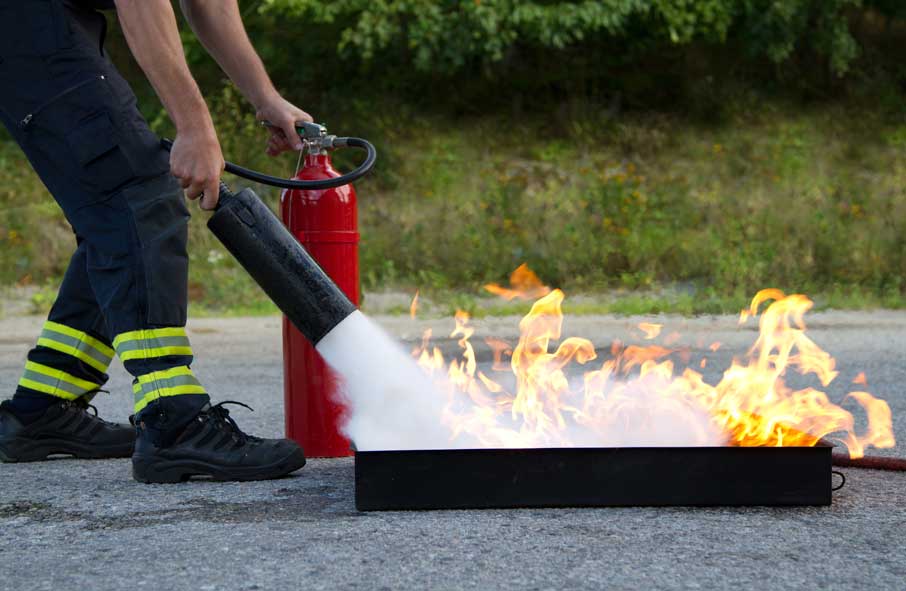
Image source: Shutterstock
The STCW Basic Safety Training course covers the following core areas:
Firefighting & Fire Prevention
Students receive classroom and practical training to recognise, prevent, and extinguish fires. This includes use of firefighting equipment and safe navigation in smoke-filled environments.
Personal Survival Techniques
This module teaches essential survival skills at sea: locating life-saving equipment, launching liferafts, and following emergency procedures when abandoning ship.
Personal Safety & Social Responsibility
Covers workplace safety, teamwork, environmental awareness, and effective communication while at sea.
First Aid
Participants learn the fundamentals of medical first aid, including CPR techniques and treating injuries until professional medical assistance is available.
Proficiency in Security Awareness
Teaches seafarers how to identify potential security threats and respond appropriately to protect themselves, the vessel, and fellow crew members.
How Long Does a STCW Certificate Last?
An STCW Basic Safety Training certificate is valid for five years from completion. To maintain compliance, mariners must complete a refresher course before the certificate expires.
Since 1 January 2017, all seafarers are required to show evidence of updated training through completion of an STCW Refresher Course.
Why Do Yacht Crew Need Basic Safety Training?
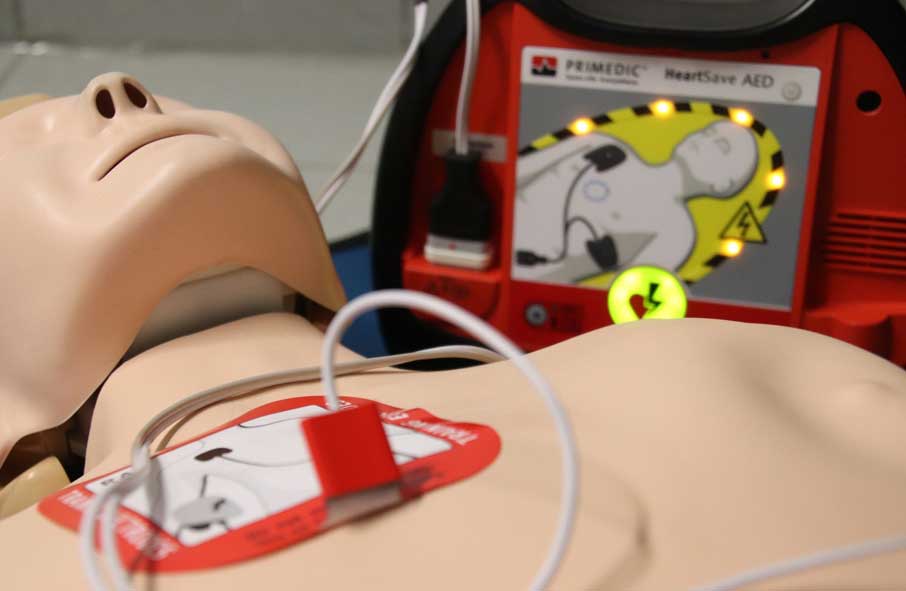
Image source: Pixabay
Safety training is crucial for everyone working at sea, where emergency response times can be slower and the risks higher than on land.
Knowledge of survival techniques, firefighting, and first aid ensures both your safety and that of others onboard. STCW certification is an international requirement for anyone seeking to work as yacht crew.
STCW Basic Training vs Revalidation vs Refresher
To maintain your STCW endorsement, refresher or revalidation training is required every five years. There are three levels of renewal:
Basic Training
The initial course required to obtain your first STCW certificate. It includes four modules:
- Basic Firefighting
- Personal Survival Techniques
- Personal Safety and Social Responsibility
- First Aid
Usually completed over five days.
Basic Training Refresher
Intended for seafarers who hold an existing certificate but have not spent 360 days at sea during the previous five years. Typically lasts three days and updates firefighting, survival, and medical care training.
Basic Training Revalidation
For actively sailing crew (at least 360 sea days within five years) who need to renew their certificate. Most revalidation courses run over two days.
Conclusion
The STCW Basic Safety Training course is essential for anyone pursuing a maritime career. It equips seafarers with the knowledge and hands-on experience needed to work safely in a challenging and unique environment.
Contact Us
If you’re considering a career in yachting or need help with your STCW certification, get in touch with the Marine Accounts team today.
Disclaimer: Any advice in this publication is not intended or written by Marine Accounts to be used by a client or entity for the purpose of (i) avoiding penalties that may be imposed on any taxpayer or (ii) promoting, marketing, or recommending to another party matters herein.



